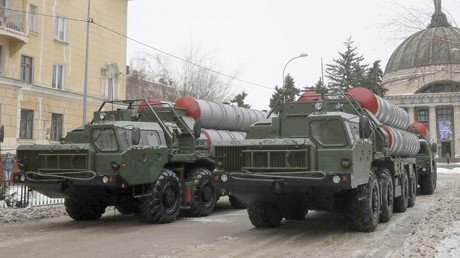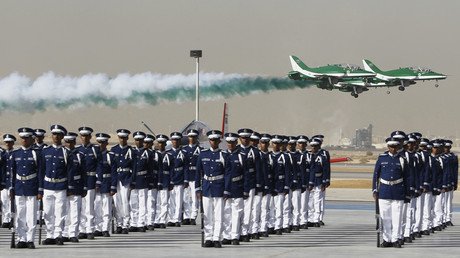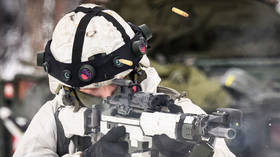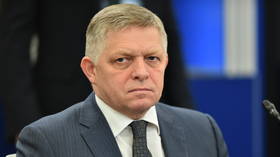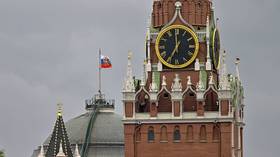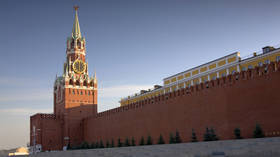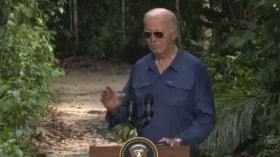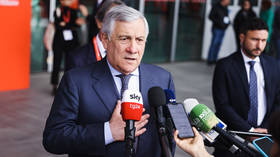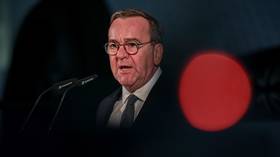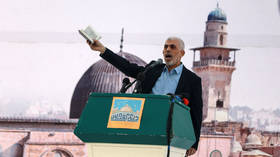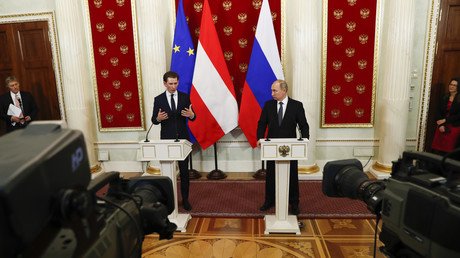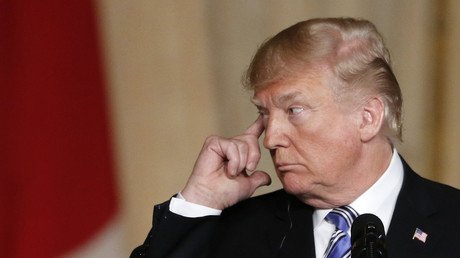Turkey ‘may face sanctions’ for buying Russian S-400 missiles and not toeing US line – diplomat
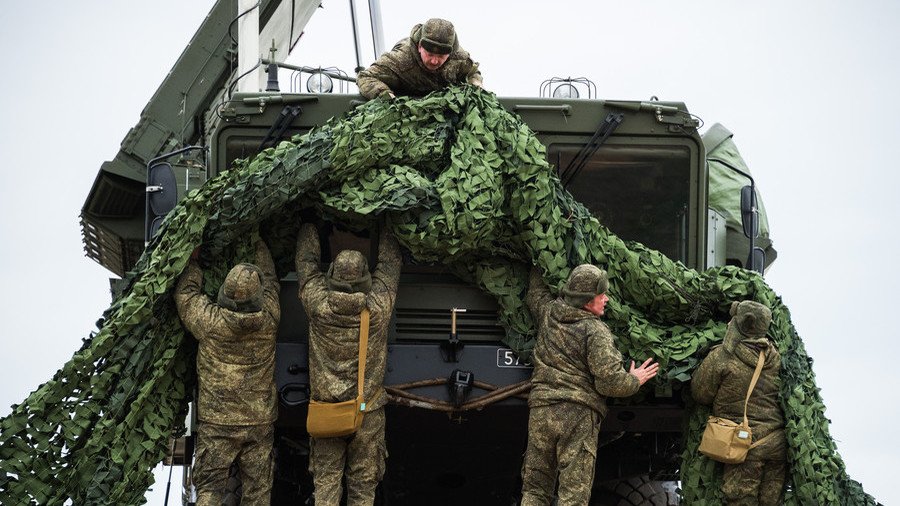
Ankara’s decision to buy S-400 air defense systems from Russia exposes Turkey to possible US sanctions and may bar it from getting F-35 jets, a State Department official said, adding that Turkey should “align with the West.”
The warning came on Wednesday from Assistant Secretary of State Wess Mitchell, who spoke to the House Foreign Affairs Committee on behalf of his department’s Bureau of European and Eurasian Affairs.
“Ankara should be mindful of the risks in making strategic concessions to Moscow in order to achieve its tactical objectives in Syria. Ankara claims to have agreed to purchase the Russian S-400 missile system, which could potentially lead to sanctions under section 231 of CAATSA and adversely impact Turkey’s participation in the F-35 program,” he said.
Mitchell is far from being the first US official to express opposition to Ankara’s purchase of advanced Russian anti-aircraft weapons. But interestingly, he came up with quite a novel justification for his position. Earlier, the Americans said Turkey’s use of the S-400 system would compromise NATO’s communications and cause interoperability problems, which are legitimate concerns for the alliance. But Mitchell’s threat was purely about geopolitical loyalties.
“Turkey lately has increased its engagement with Russia and Iran,” he said. “The ease with which Turkey brokered arrangements with the Russian military to facilitate the launch of its Operation Olive Branch in Afrin District – arrangements to which America was not privy – is gravely concerning.”
The diplomat notably said that “it is in the American national interest to see Turkey remain strategically and politically aligned with the West.” Mitchell’s entire address to the committee was remarkably forthcoming. For instance, he described America’s goals in Syria as defeating the terrorist group Islamic State (IS, formerly ISIS), ensuring that “a Syria that is unified and stable emerge[s] from the conflict; and above all to prevent Iran, that aids and abets Hezbollah and that seeks the destruction of the state of Israel, from extending its malign influence in the region.”
Washington for years insisted that fighting IS was its sole wish in Syria and used a UN Security Council resolution calling on all nations of the world to fight the jihadists as a legal fig leaf to justify deploying some 2,000 troops in Syria against the wishes of its government.
Naturally, America wants Turkey to be “a long-term factor in thwarting expansion by Russia and Iran, as outlined in the National Security and National Defense Strategies,” and not pursue a self-interest policy, according to the US official.
Unfortunately, Mitchell didn’t go into detail on the stated US goal of “stabilizing Syria” and how it correlates to carving up part of the country – which is what the US essentially did. But he made clear that regime change is in the cards.
“Moscow’s support for the Syrian regime is intolerable for America and all civilized nations,” he claimed, after accusing Damascus and Moscow of doing such terrible things as supporting peace talks in Astana, which he believes are meant to subvert discussions in Geneva. Mitchell did not elaborate on what the US prefers to call the tactics it used in Raqqa and whether it is finally going to help clear the piles of dead bodies left in the aftermath of the city’s bombardment.
As for the Astana talks, the UN, which is holding talks in Geneva, has a radically different point of view, having publicly thanked Russia, Turkey and Iran on many occasions for contributing to the peace effort.
Think your friends would be interested? Share this story!
